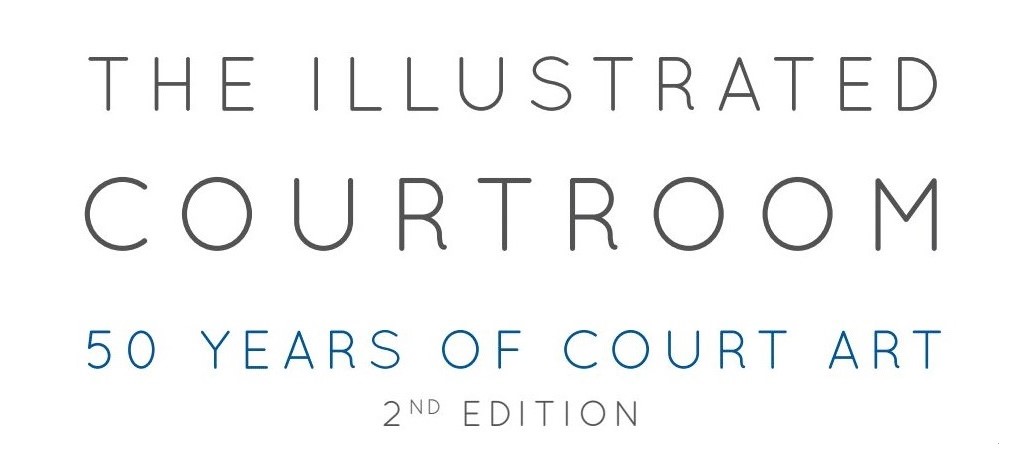Soon-to-Be-Deported Activist Wins ‘Freedom to Say Goodbye’
By
https://www.bloomberg.com/news/articles/2018-01-29/soon-to-be-deported-activist-wins-his-freedom-to-say-goodbye
 |
| NYU Law Student, Brittany Castle from the Sanctuary Coalition argues the case for Ravi Ragbir before Federal Judge Katherine Forest |
A Manhattan federal judge didn’t mince words in slamming the Trump administration’s handling of an immigration activist’s arrest for deportation as resembling the actions of "regimes we revile as unjust."
 |
| Judge Katherine Forrest speaking from bench, far left. Courtroom art by Aggie Whelan Kenny |
Ragbir, who is subject to a 2006 order of deportation based on a felony wire fraud conviction, originally came to the U.S. on a visa in 1991 and is married to a U.S. citizen. Forrest, who was appointed to the bench in 2011 by President Barack Obama, said the government was "unnecessarily cruel" in arresting him at a check-in with Immigration and Customs Enforcement, then putting him on a plane to a jail cell in Miami.
"There is, and ought to be in this great country, the freedom to say goodbye," Forrest said. "That is, the freedom to hug one’s spouse and children, the freedom to organize the myriad of human affairs that collect over time. It ought not to be -- and it never has before been -- that those who have lived without incident in this country for years are subjected to treatment we associate with regimes we revile as unjust, regimes where those who have long lived in a country may be taken without notice from streets, home and work."
Judge Forrest's order
http://apps.washingtonpost.com/g/documents/national/ruling-regarding-ravidath-lawrence-ragbir/2732/



